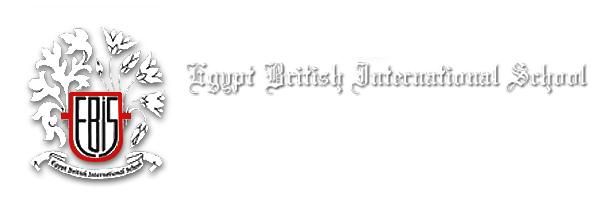The vision of Computer science department is to develop in our pupils the deep technical, problem solving, and leadership skills needed to create new computing technologies and to harness software to empower people, organizations, and society to meet the challenges of the 21st century.
Our goals:
- Demonstrate proficiency in problem-solving techniques using the computer.
- Demonstrate proficiency in at least two high-level programming languages and two operating systems.
- Demonstrate proficiency in the analysis of complex problems and the synthesis of solutions to those problems.
- Demonstrate comprehension of modern software engineering principles
- Demonstrate a breadth and depth of knowledge in the discipline of computer science.
Our new curriculum teaches pupils computer science, information technology, and digital literacy.
Our curriculum:
We are following the UK curriculum guidelines with our own scheme of work according to our department vision, and to be able to gain the 21st century skills.
Key Stage 1 (5-6 year-olds): pupils will be learning what algorithms are, which will not always involve computers. When explained as “a set of instructions” teachers may illustrate the idea using recipes, or by breaking down the steps of children’s morning routines. But they will also be creating and debugging simple programs of their own, developing logical reasoning skills and taking their first steps in using devices to “create, organize, store, manipulate and retrieve digital content”.
Key Stage 2 (7-11 year-olds): Slightly older primary-school pupils will be creating and debugging more complicated programs with specific goals and getting to grips with concepts including variables and “sequence, selection, and repetition in programs”. They will still be developing their logical reasoning skills and learning to use websites and other internet services. And there will be more practice at using devices for collecting, analyzing and presenting back data and information.
Key Stage 3 (11-14 year-olds): Once pupils enter senior school they will be using two or more programming languages – “at least one of which is textual” – to create their own programs.
At all these levels, children will also be studying computer and internet safety, including how to report concerns about “content or contact” online.
IGCSE Options in Computer Science or ICT (Information & Communications Technology)
Where both are offered by our school.
Resources:
EBIS has three labs. There is a teacher and a co-teacher available in each lab to assist and help all students,moreover there is an IT-technician available all the time in the labs for any technical issue. Maged Mahmoud
Head of Computer Science department
ICT Department Team
- Ms Hend Rashad
- Ms Lina Ibrahim
- Ms Shaimaa Mostafa
- Mr Maged Mahmoud
- Ms Mai Afifi
- Ms Kholoud Farahat
- Ms Mariam Mostafa
- Mr Ahmed Shawky




